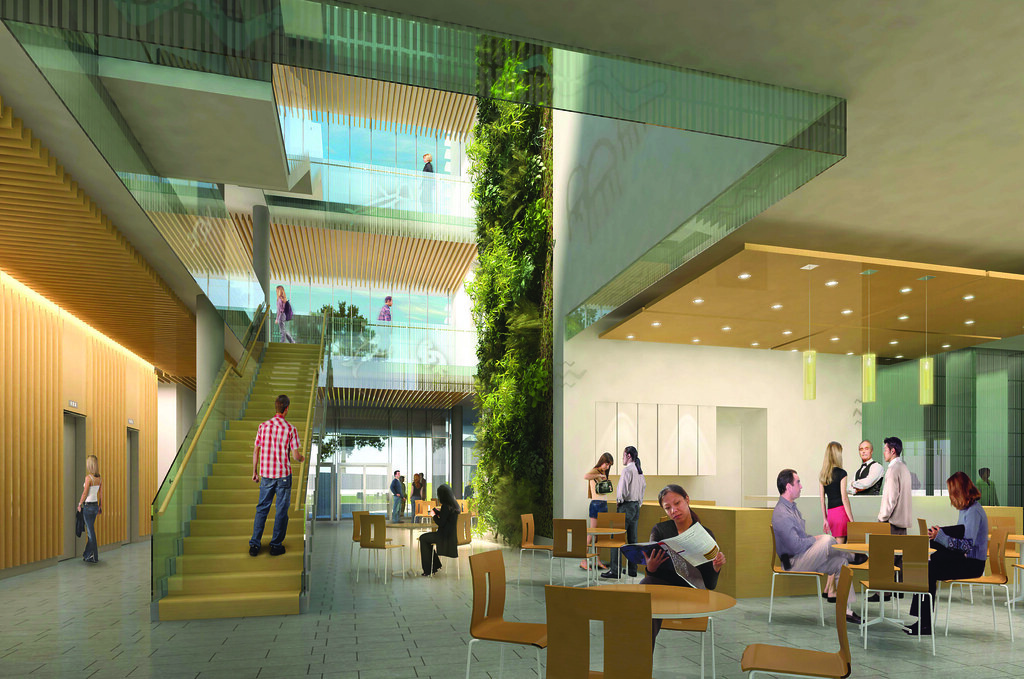Thompson Rivers University

Thompson Rivers University is located in the Canadian city of Kamloops, 365 km from Vancouver, British Columbia. Kamloops is a modern small town with a population of 83,000. The calm, safe and friendly atmosphere, the magnificent nature of the area, the exceptional climate are ideal conditions for study.
Thompson Rivers is a modern, dynamically developing university with state accreditation. It offers a wide selection of academic programs (over 100). The main areas: business, information technology, tourism, natural sciences, journalism, art, technology, humanities. A number of programs allow internship abroad: in the UK, Japan, Finland and other countries.
For foreign students there is a preparatory program in English (The English Language Program), which can significantly improve English proficiency.
The small size of the university allows teaching in small groups, which requires an individual approach and personal attention to each student. The campus has everything you need to complete your studies.
On campus, there are modern dormitories, a medical clinic, a bookstore, cafeterias and restaurants, sports fields and facilities, and much more that will make life and study comfortable.
Programs

Established: 1970
Number of students: 10,000
Main directions:
• business,
• information technology,
• tourism,
• natural sciences,
• journalism,
• art
• technology,
• humanitarian sciences.
Thompson Rivers University
Tasks for competition participation and essay deadline.
All the essays should be sent to: conscious.education1@gmail.com
The subject of the email should be: The Essay Competition from (here indicate the name of the
educational establishment you`ve chosen).
Deadline is April 05, 2020
The essays, requirements of which are not met, will be not accepted.
1 place – from 4000 to 10000 CAD
2 palce – from 1000 to 4000 CAD
3 place – 1000 CAD
Topics and requirements to essay:
Choose the topic and write up to 450 words.
1. Scientists predict that all people will choose to talk the same global language in the future. Do you think this is a positive or negative development?
2. Government investment in the arts, such as music and theatre, is a waste of money. Governments must invest this money in public services instead. To what extent do you agree with this statement?